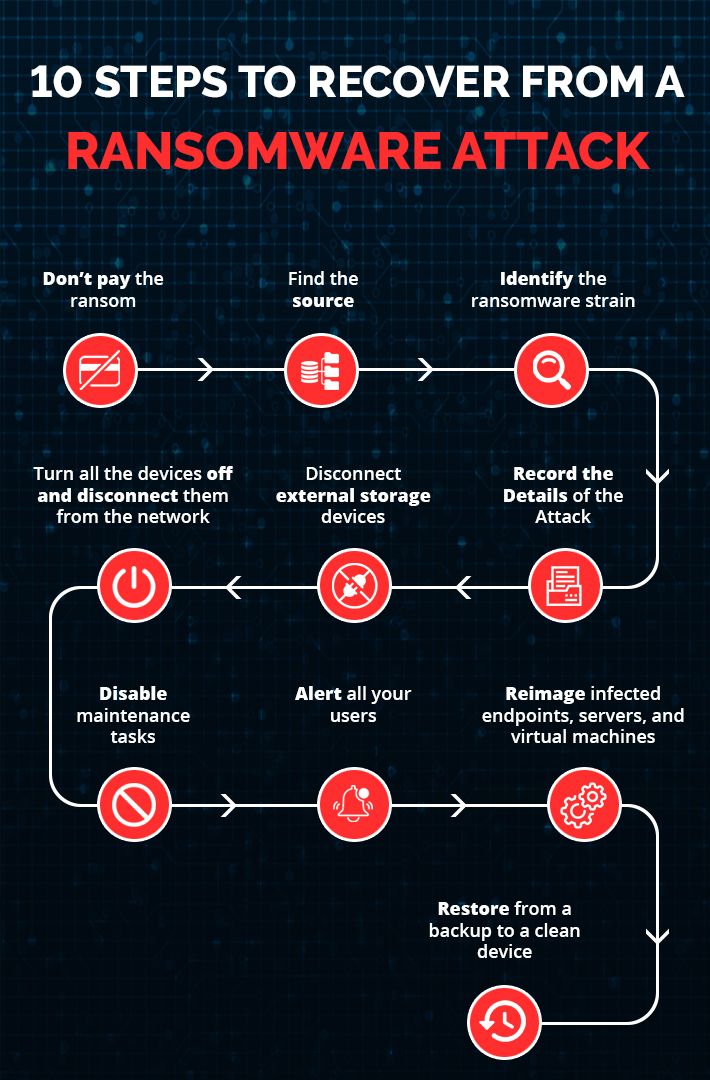In today’s digital age, the use of cloud computing has become increasingly popular among businesses and individuals alike. The convenience and flexibility of storing data and applications in the cloud have revolutionized the way we work and communicate. However, with this convenience comes the potential risks and challenges associated with cloud security.
Understanding the Importance of Cloud Security
Cloud security refers to the practices and technologies designed to protect data and applications stored in the cloud. It is crucial for businesses to prioritize cloud security to safeguard sensitive information and prevent data breaches or cyber attacks. With the increasing number of cyber threats and malicious actors targeting cloud services, implementing robust cloud security measures is essential to ensure the integrity and confidentiality of your data.
Key Challenges in Cloud Security
One of the main challenges in cloud security is data breaches. Hackers may attempt to gain unauthorized access to sensitive data stored in the cloud, either through phishing attacks, malware, or other malicious activities. In addition, misconfigured cloud services or lack of visibility and control over data can also pose significant security risks. It is essential for businesses to actively monitor and manage their cloud security posture to mitigate these risks effectively.
Best Practices for Ensuring Cloud Security
There are several best practices that businesses can follow to enhance cloud security and protect their data effectively:
Encryption
Encrypting data stored in the cloud is essential to protect it from unauthorized access. By using encryption technologies, businesses can ensure that their data remains secure and confidential, even if it is intercepted by hackers.
Multi-Factor Authentication
Implementing multi-factor authentication adds an extra layer of security to cloud services by requiring users to provide multiple forms of verification before accessing data or applications. This helps prevent unauthorized access and enhance overall security.
Regular Security Audits
Conducting regular security audits and assessments of cloud services can help identify and address any vulnerabilities or weaknesses in your cloud security posture. By regularly reviewing and updating security measures, businesses can proactively prevent potential security breaches.
Choosing a Secure Cloud Service Provider
When selecting a cloud service provider, it is essential to consider the security measures and protocols they have in place to protect your data. Look for providers that offer robust encryption, data protection, and compliance with industry security standards. Additionally, ensure that the provider implements regular security updates and audits to maintain a high level of security.
The Future of Cloud Security
As technology continues to evolve, the landscape of cloud security will also continue to grow and change. It is crucial for businesses to stay informed about the latest trends and developments in cloud security to adapt and implement effective security measures proactively. By prioritizing cloud security and implementing best practices, businesses can safeguard their data effectively and mitigate the risks associated with cloud computing.
In conclusion, cloud security is paramount in today’s digital world to protect sensitive data and prevent cyber threats. By understanding the importance of cloud security, addressing key challenges, implementing best practices, and choosing a secure cloud service provider, businesses can enhance their security posture and safeguard their data effectively in the cloud. Stay informed and proactive about cloud security to mitigate risks and protect your data from potential security breaches.




